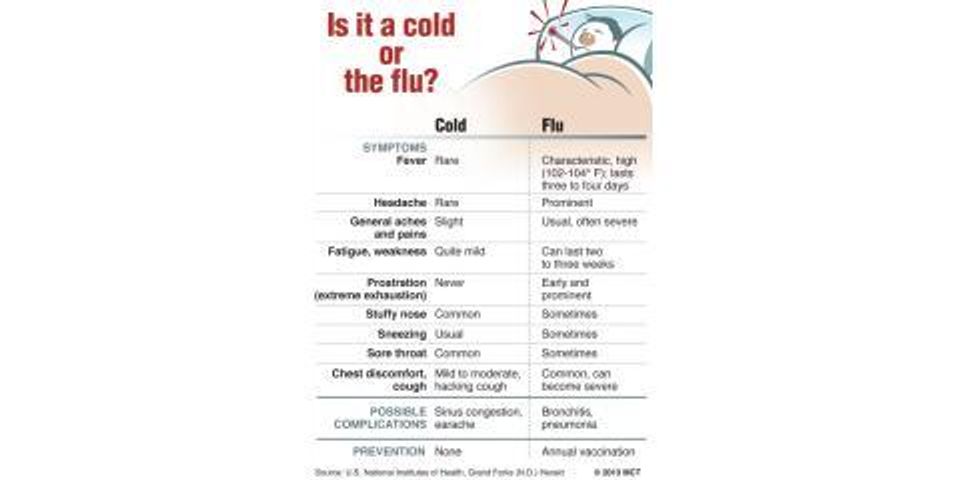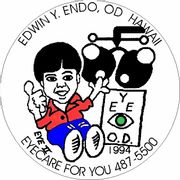Suggestion for Cold and Flu Medicines to Help You Feel Better

There's no cure for the common cold. If you catch a cold, you can expect to be sick for one to two weeks. These remedies may help:
- Water and other fluids. Water, juice (but avoid sugary drinks by diluting with water), clear broth or warm lemon water with honey helps loosen congestion and prevents dehydration. Avoid alcohol, coffee and caffeinated sodas, high protein or high acid foods which can make dehydration worse or cause more inflammation. I recommend hot Ovaltine with honey, guava juice, jello, but be careful with citrus fruits.
- Salt water. A saltwater gargle with warm water — can temporarily relieve a sore or scratchy throat.
- Saline nasal drops and sprays. Over-the-counter saline nasal drops and sprays combat stuffiness and congestion. Unlike nasal decongestants (which I do not recommend), saline drops and sprays don't lead to a rebound effect — a worsening of symptoms when the medication is discontinued — and most are safe and nonirritating, even for children.
- Chicken soup. Chicken soup might help relieve cold and flu symptoms in two ways. First, it acts as an anti-inflammatory and temporarily speeds up the movement of mucus, possibly helping relieve congestion and limiting the amount of time viruses are in contact with the nose lining.
- Over-the-counter cold and cough medications in older children and adults. Nonprescription decongestants and pain relievers offer some symptom relief, but they won't prevent a cold or shorten its duration, and most have some side effects. If used for more than a few days, they can actually make symptoms worse.
If a cough lasts after your other cold symptoms have resolved, see your doctor. In the meantime, try soothing your throat with warm lemon water and honey and humidifying the air in your house. Don't give honey to infants.
- Antihistamines. First-generation (sedating) antihistamines may provide minor relief of several cold symptoms, including cough, sneezing, watery eyes and nasal discharge. However, results are conflicting and the benefits may not outweigh the side effects.
- Humidity. Cold viruses thrive in dry conditions — another reason why colds are more common in winter. Dry air also dries the mucous membranes, causing a stuffy nose and scratchy throat. A humidifier can add moisture to your home, but it can also add mold, fungi and bacteria if not cleaned properly. Change the water in your humidifier daily, and clean the unit according to the manufacturer's instructions.
If your infant has a cold, sitting in a steamy bathroom for a few minutes before bedtime may also help.
- Antibiotics. Are no help against cold viruses bu they do have an anti-inflammatory effect which may help. And if you are having moderate yellow-green mucous or sore/irirtated throat you may want to ask your doctor for some antibiotics but be aware that antibiotics contributes to the serious and growing problem of antibiotic-resistant bacteria.
- Tamiflu (anti-viral) may help but should be taken within 48 to 72 hours of having flu symptoms.
- Immune Boosters: I like Airborne, emergence-C, Sambutol, elderberry, cod liver oil, eat more foods that makes your body more alkaline and avoid acidifying foods. Check this link for alkaline foods (http://www.rense.com/1.mpicons/acidalka.htm)
About the Business
BUSINESS
Optometry
Edwin Y. Endo, OD & Associates
98-1247 Kaahumanu St Suite 105, Aiea, HI 96701
Have a question? Ask the experts!
Send your question

